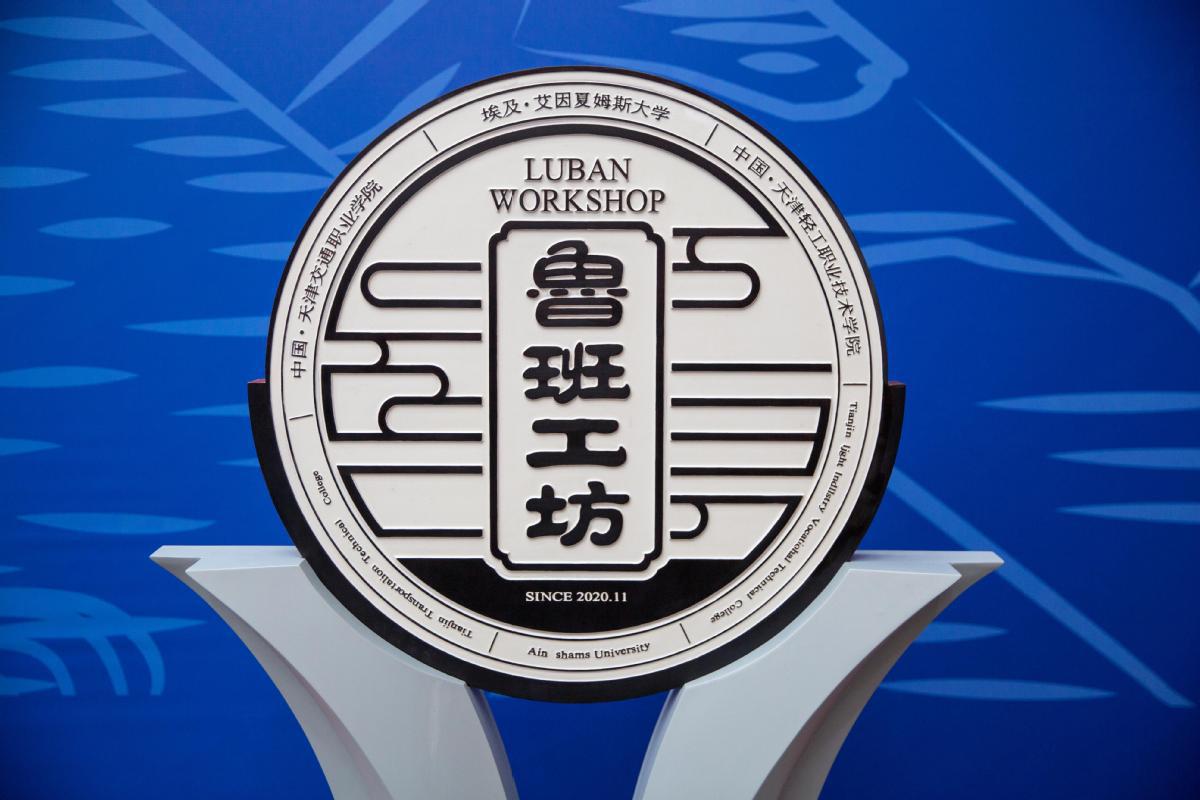Workshops help young people in Africa build their skills


During the 2018 Forum on China-Africa Cooperation in Beijing, President Xi Jinping announced that China would support the establishment of 10 Luban Workshops across Africa, to assist the continent in building needed technical skills among college students. Ahead of this year's FOCAC Summit, which will be held in September, that promise has been delivered.
Luban Workshops are named for Lu Ban (507-440 BC), a renowned Chinese carpenter, craftsman and engineer. They provide technical skills training for college students, enabling them to be market-ready upon graduation.
In Kenya, the workshop that became operational in December 2019 is hosted by Machakos University and focuses on cloud computing.
Kenya and much of Africa have a critical need to upgrade the technical skills of young people, who are expected to play a leading role in the continent's transformation and development. Yet challenges such as poor training infrastructure, insufficient number of trainers, limited industry participation and inadequate research support continue to hold back Africa's pursuit of vocational training aspirations.
In their design, Luban Workshops are intended to correct identified challenges. In Kenya, for instance, Machakos University is closely collaborating with Huawei Technologies to empower young Kenyans with cloud computing skills, an area identified by the Kenyan government as holding promise for the country's technology revolution.
In addition, Kenya is implementing, with China's support, a smart city at Konza Technopolis-a global technology and innovation hub and a key part of Kenya's Vision 2030 economic development plan. Luban Workshop graduates would be a good fit for this project.
At the same time, by bringing together a global technology company and academia, the workshop is primed to bridge the divide that has left many employers in Kenya worried about the quality of graduates. Besides exposing students to the latest practical industry trends, the workshop also provides an opportunity for faculty to build their capacity through exchanges with Chinese counterparts as well as industry players.
By unleashing the entrepreneurial spirit of participants, the workshops could also help in reducing the worrisome unemployment rates on the continent by creating viable business ventures. The practical and technical skills enable beneficiaries to go into private enterprise, creating opportunities for themselves and others.
Luban Workshops also offer a great platform for cultural exchanges, as Chinese tutors as well as tutors and trainees from partner countries have opportunities to interact and further solidify the people-to-people ties between China and Africa. Cultural exchanges have been a key pillar of Sino-African relations and have found expression through avenues like the Belt and Road Initiative.
Such attendant benefits of the program have led to its warm reception where the workshops have been implemented across the continent. At the launch of the Kenya workshop, Joseph Mucheru, cabinet secretary for the Ministry of ICT, Innovation and Youth Affairs, said that it would enhance cooperation with China in the digital realm, adding that cloud computing and information security were crucial to Kenya's development.
In South Africa, Thandwa Mthembu, the vice-chancellor of Durban University of Technology, which hosts the workshop there, said the facility would reverse a skills deficit in the country as it seeks to meet the demands of the 21st century.
The workshops will complement and amplify joint capacity building efforts between China and Africa. Beijing has become the most favored destination for African students seeking education opportunities abroad, according to UNESCO. This has been fueled in part by government sponsored scholarships and the increasing global visibility of Chinese education programs.
African countries and China are equally implementing a number of short professional exchange programs that have also allowed additional people on the continent to acquire practical skills.
Cultural exchanges remain the strongest vehicle to promote understanding, amity and deeper connection among people. When fused with practical and life-transforming skills such as those envisioned under the Luban Workshops program, the interaction creates a formidable basis for empowerment that goes beyond cultural and into economic benefits for the participants.
The writer is a scholar of international relations with a focus on Africa-China ties.



































